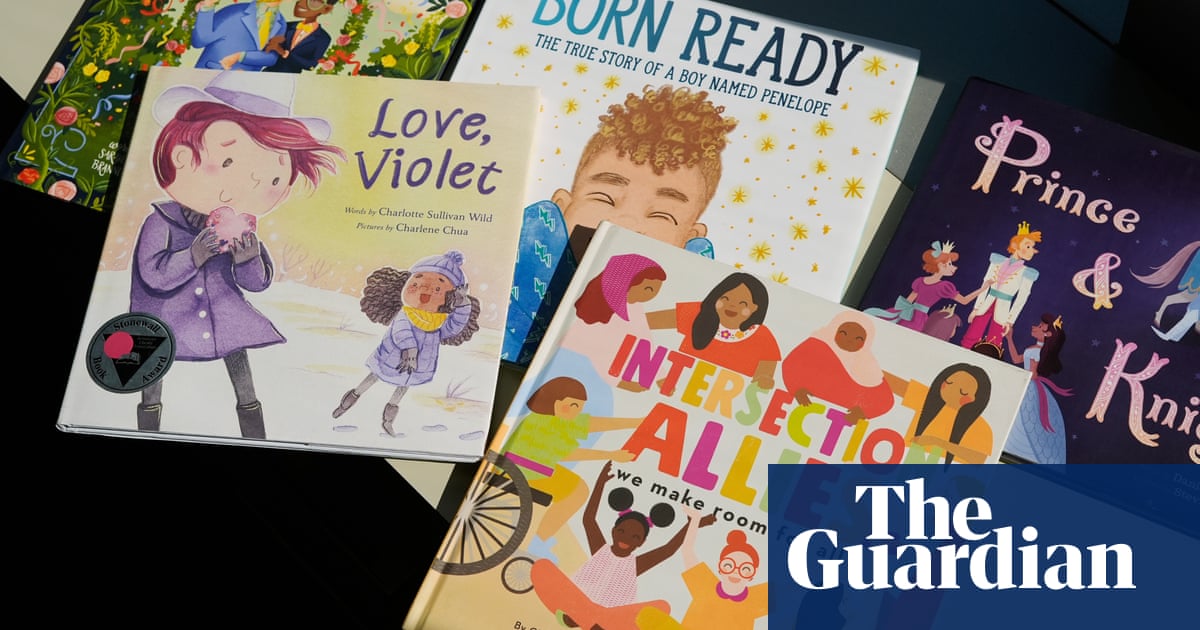The Landmark Supreme Court Ruling on Faith-Based Opt-Outs
The US Supreme Court recently delivered a landmark decision that will reverberate through the realms of education and religious rights. The ruling mandates that schools must provide opportunities for students to opt out of listening to storybooks featuring gay and transgender characters, highlighting the ongoing battle between religious rights and the pursuit of inclusivity in educational environments.
The Case: Mahmoud v. Taylor
This ruling emerged from the case of Mahmoud v. Taylor, which exposed the intense emotions surrounding the religious-secular divide in America. In this particular instance, a group of parents in Maryland took issue with the Montgomery County Board of Education’s policy, arguing that it deprived them of the ability to shield their children from what they perceived as objectionable content in six specific storybooks. These tales included titles like Uncle Bobby’s Wedding, which features a gay wedding, and Born Ready: The True Story of a Boy Named Penelope, focusing on a transgender child’s journey.
The Parents’ Perspective
The parents involved in the case comprised individuals from various religious backgrounds, including Muslims, Roman Catholics, and Orthodox Christians. They claimed that by reading these stories in schools, the education system was implicitly promoting “political ideologies about family life and human sexuality” that conflicted with their religious beliefs. Their platform was fortified by the fact that they were not given prior notice before their children could be exposed to these materials, leaving them feeling powerless.
The Court’s Deliberation
The Supreme Court’s deliberations revealed a leaning towards the parents’ arguments, particularly among the conservative justices, who constitute a 6-3 majority. During the hearings, the justices acknowledged the long-upheld rights of parents to direct the religious upbringing of their children. In a pivotal moment, Justice Samuel Alito stated, “We have long recognized the rights of parents to direct ‘the religious upbringing’ of their children,” asserting that any government policy significantly interfering with this right is unconstitutional.
The Impact on the Montgomery County Board of Education
As a result of the ruling, the Montgomery County Board of Education is now required to implement opt-out provisions. The court mandated that parents must be notified in advance whenever one of the books in question or similar content will be used, allowing them to excuse their children from such instruction. This decision not only alters the immediate educational landscape in Montgomery County but also sets a precedent that could ripple across school districts nationwide.
Dissenting Views
Justice Sonia Sotomayor offered a compelling dissent, arguing that public education should serve as a unifying platform. She emphasized that the exposure to diverse ideas—including those that may conflict with personal or religious beliefs—is crucial for fostering an inclusive environment that nurtures understanding and unity among students. Sotomayor’s dissent reflects broader concerns regarding the implications of shielding children from what she calls vital educational experiences.
A Broader Backlash Against Educational Content
This ruling occurs amid a larger conservative backlash against educational content perceived as promoting progressive ideals. Across many Republican-led states, efforts have been made to limit access to books that engage with LGBTQ+ themes and racial equality. The American Library Association has noted an alarming trend, reporting that there are at least 112 proposed state laws aimed at redefining what materials are deemed suitable for children’s consumption in both schools and public libraries.
Reactions from Advocacy Groups
The ruling has sparked strong reactions from various advocacy groups, particularly those advocating for the rights of marginalized communities. Organizations like Catholics for Choice have denounced the Supreme Court’s decision, arguing that it effectively permits parents to instill discrimination in their children and to judge those who are different. As articulated by Taylor Tuckerman, a vice president of the group, “It’s also important for children to learn that our differences—religion, sexual orientation, gender expression, race, economic backgrounds, and more—contribute to a thriving community and are not something to be ashamed of.”
Looking Forward: The Future of Education and Religious Freedom
As this landmark ruling takes effect, it opens up larger discussions about the role of education in a diverse society. Will schools find a delicate balance between respecting religious viewpoints and ensuring inclusivity? The implications of this decision not only affect current students but also set the stage for future generations navigating the complexities of belief, identity, and understanding in an increasingly interconnected world.


